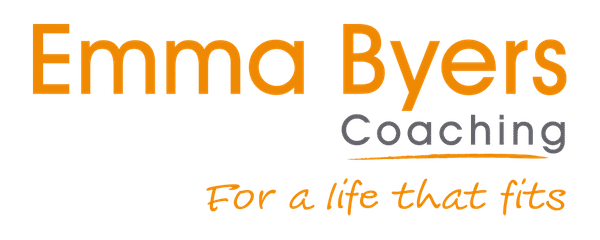Following on from last week’s post, I wanted to raise up a couple more things worth considering.
Sometimes it’s what’s best, rather than what’s preferable
Often, when people hear that coaching tends to be present and future-focused whereas counselling can be about finding resolution and release of past issues, they love the sound of coaching (but as I mentioned last week, it’s not always that clear cut). Who doesn’t want to forget all that old stuff and crack on, especially those painful things that makes us feel bad?
But if that’s what’s getting in your way then therapy would be a better option. Clues to identify this can be if you can pinpoint a time or an event that changed everything but feels too overwhelming, too scary, or too much to revisit. Or if, deep down, you know you’ve slammed the door shut on big emotions and experiences but they bubble up as if it was yesterday when you let down your guard. Here, I would suggest therapy (and there are informed trauma-therapists who can help you work it through without reliving past pain).
It’s about capacity
Guess what, change is hard. And with coaching, you’re setting the agenda, exploring issues, committing to action plans (I’m there to help of course, but I’m not doing the heavy-lifting because it’s not my change). You’re practicing and playing with new ways. You’re regulating your nervous system and expanding your comfort zone. You’re opening a world of possibility.
And that’s hard work (but great fun too!). To do it, you really need capacity – to explore honestly, to challenge the status quo, to think creatively, to sit with the tough stuff. You’re putting the work in and that takes physical, emotional and mental resources. That said, it doesn’t mean you have to be 100% – with my holistic coaching, I’ve years of experience with working with those who are stressed, anxious, overwhelmed and sad.
It just means you need to believe that you have the capacity to tackle something new. And have at least some spark of spirit that’s excited or intrigued about what could lie ahead.
And finally, I always emphasise that though coaching isn’t about picking at the painful bits, there can be times when emotion comes up and that’s just fine. Many people think because it’s not therapy, it’s breaks some unwritten rule to cry or get upset. Sometimes we need to look at the what’s been hidden away, and that can feel sad and scary. So we go at a pace dictated by the client, always on their terms, and we hold what comes up.
(and BTW if those locked away aspects are holding you back but the thought of going near them is too overwhelming, too terrifying, too much, then that’s a clue that therapy could be a better option than counselling – but more about that next week…).
As I said last week, a key factor is also about preference and the therapeutic relationship, whether with a counsellor or coach. So I’d always suggest a chat first to see how it feels and ask any questions you might have. I believe all practitioners should offer this. My exploratory sessions are a great way to check if coaching, and specifically coaching with me, is right for you.
If you’re currently looking for help and not sure if it’s coaching or counselling you need, then let’s talk. There’s no obligation or hard sell and I’m ALL about fairness and honesty. It’s a chance for you to find out more about me and the way I work, and for us to see if we’d work well together. If I think you’d benefit more from counselling or some other therapy, I’ll certainly say and try to help you find a route there.


